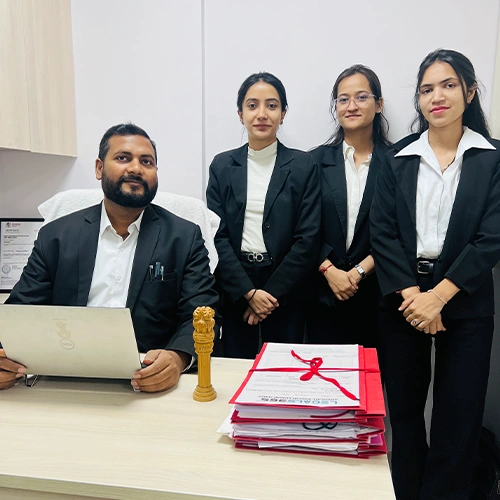Protect Your Rights & Future - Trusted Divorce Lawyer in Delhi
Tax incidence is not a legal matter, it happens as a very personal journey. However, if you have a trusted divorce lawyer in Delhi NCR, your interests will be safeguarded and your future secured. All types of divorce matters are a speciality of the expert lawyers at Legals365, who are always focused on fairness, compassion and professionalism.
In addition, we work with our clients to help them understand their rights, their options and the best legal strategy for them. If you are looking for the best divorce lawyer in Delhi, then we have established our name based on the foundation of integrity, expertise and client satisfaction.



